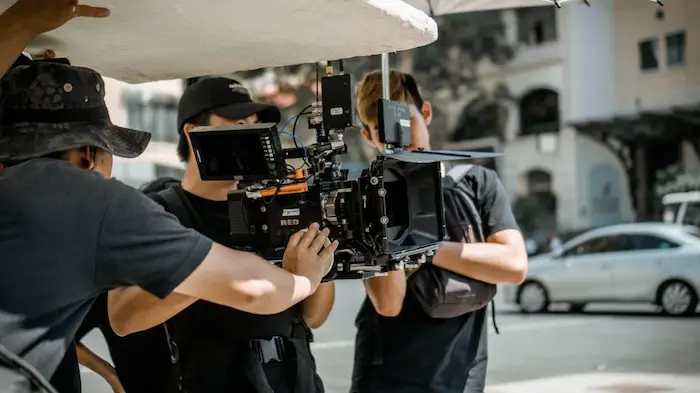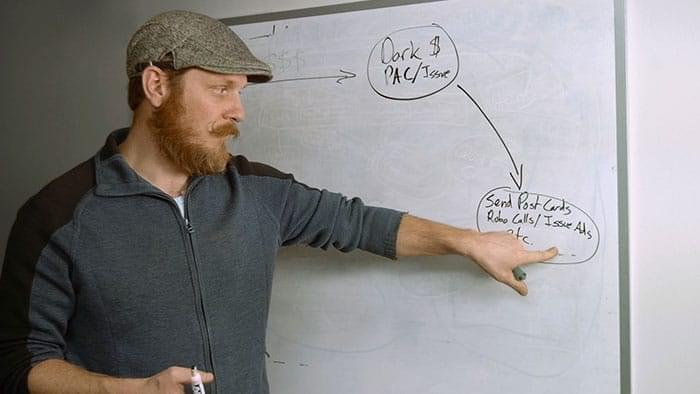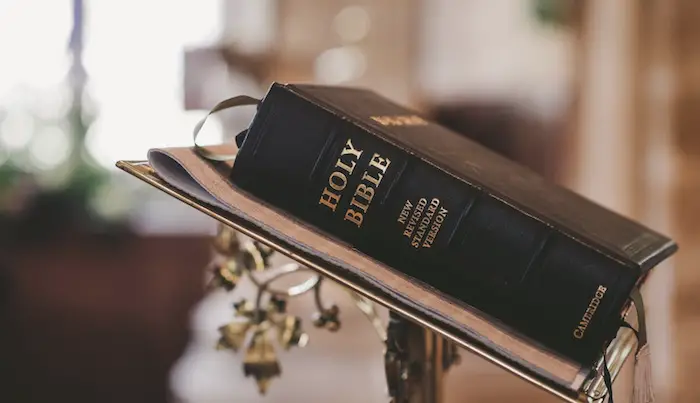
When the 2006 movie The Da Vinci Code was released all the signs were there that it would be one of the best films of the year. A stellar cast, an Oscar-winning director and a plot from a novel that had already sold tens of millions of copies worldwide, it had all these and more.
But, as screenwriter extraordinaire William Goldman is famous for having written, in Hollywood “nobody knows anything.” He wasn’t claiming that ignorance abounded in the big studios. Rather, he was putting forward the idea that the most surprising movies can be huge hits while those with all the perfect ingredients can sometimes turn out to be major car crashes. The Da Vinci Code, ironically, managed to achieve both these things simultaneously.
The elements of success?

So first, let’s take a look at the elements, starting with the cast.
Although director Ron Howard is rumored to have favored Bill Paxton for the central role of Robert Langdon, other commitments meant he had to pass, and Tom Hanks was cast instead. As one of the most bankable stars in Hollywood then, as he still is now, Howard surely had no real complaints. Alongside him, Audrey Tatou had already won the hearts of cinemagoers worldwide with her portrayal of Amélie in the 2001 film of the same name. Then there were other acting heavyweights like Alfred Molina, Paul Bettany and Sir Ian McKellan.
As already mentioned, the director was the nine-times Oscar winner Ron Howard and the story was from the king of the airport novel, Dan Brown – and it’s with the latter aspect of the movie that maybe things started to unravel slightly.
That’s because a plot which worked well on paper was rather too complex to capture on screen. For anyone who’s not seen the movie or read the book, it’s a mystery story in which Langdon (Tom Hanks) and Sophie Neveu (Audrey Tatou) set off on the search for the famous Holy Grail that was allegedly used as a chalice at the Last Supper. They are hindered on their way by a mysterious monk under the control of a Catholic organization called the Opus Dei. They are obstructing the search as the Grail is, in fact, the tomb of Mary Magdalene who had a child whose father was Jesus and whose descendants are alive today. In the movie, the Opus Dei are concerned that, if the truth is revealed, it will undermine their teachings and may lead to the collapse of Catholicism.
A major clue in the search comes in the form of a cylindrical cryptex which can only be opened by cracking the code of the title and which leads the protagonists to a final showdown in Paris. Along the way, there are countless twists and turns in the story, including a number of red herrings and other plot holes. So, when the film was released the critical consensus was that it was a confusing, long (the running time is 149 minutes) and dull film. On Rotten Tomatoes, it scores a very paltry 26%.
Money talks

But, and it’s a big but, the film was a huge commercial success. With a budget of $125 million it went on to gross $760 million worldwide making it one of the most successful movies of 2006 financially, if not critically.
It also went on to generate even more cash from the wealth of merchandise that the film spawned. These ranged from replicas of the cryptex used in the film to coasters, T shirts and code-breaking game. It even became a big favorite with NJ online slots players, who have been treated to hit game Da Vinci Diamonds.
There have been a number of theories put forward as to why there was such a large discrepancy between the critical reception and the financial success of the movie. The first is that many of the millions of people who had enjoyed Dan Brown’s novel wanted to see how it translated onto the big screen. The second is the hype that the movie had received both before and after its release.
The Code Controversy

Also integral to its appeal was the controversy that greeted the release of the film. Just as movies with religious films before it, from Martin Scorsese’s The Last Temptation of Christ to Monty Python’s Life of Brian, have proved to be controversial with religious organizations, The Da Vinci Code was no exception.
The Vatican condemned the film calling for a full boycott and the real-life Opus Dei claimed that the film gave a “deformed” view of the Catholic Church. Following these criticisms, it was also banned in countries as diverse as Egypt and the Faroe Islands. In other countries, only edited versions could be shown.
This worldwide opposition, however, certainly didn’t seem to have a very adverse effect on box office takings, no doubt thanks to many people who might normally not have bothered with the film deciding to see for themselves what all the fuss was about.
Ron Howard announced that he felt that the negativity surrounding the film was “frustrating” to him and stars Hanks and McKellen also had comments to make. The former acknowledged that there would always be people who would object, but it was only a film, while McKellen challenged anyone to believe that even events depicted in the Bible are all 100% true.
The controversy surrounding the film also certainly did nothing to dissuade Sony from backing two more films in the series. The first, Angels and Demons was actually a prequel and was released in 2009. Made for $150 million, it received slightly better reviews and went on to make $486 million. Then, in 2016, Inferno was released. A far lower budget movie at $75 million, it made $220 million.
So however, the critics may have looked down on the series, in terms of the money they’ve made, the films cannot be discounted. And, while they may not have added to director Ron Howard’s long list of awards, he continues to be proud of the trilogy as an accomplishment.

Did Jesus really have a wife?In the book of Matthew chapter 27, verses 56 and 61; chapter 28 verse 1 she was mentioned as one of the women who came to witness Jesus’ resurrection. Why is the scripture silent about her relationship with Jesus? Jesus himself said in Matthew chapter 4:22 “For there is nothing hid, which shall not be manifested;neither was anything kept secret , but that it should come abroad”. Do not support heresies in the name of truth.
Ron Howard has nine oscars? Really?!